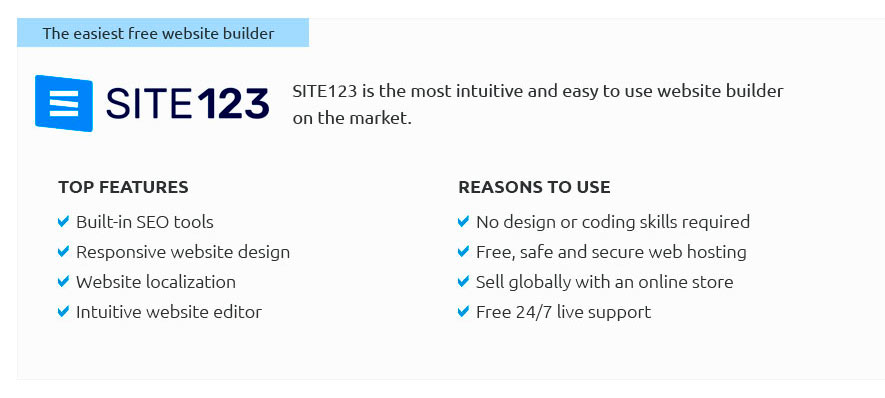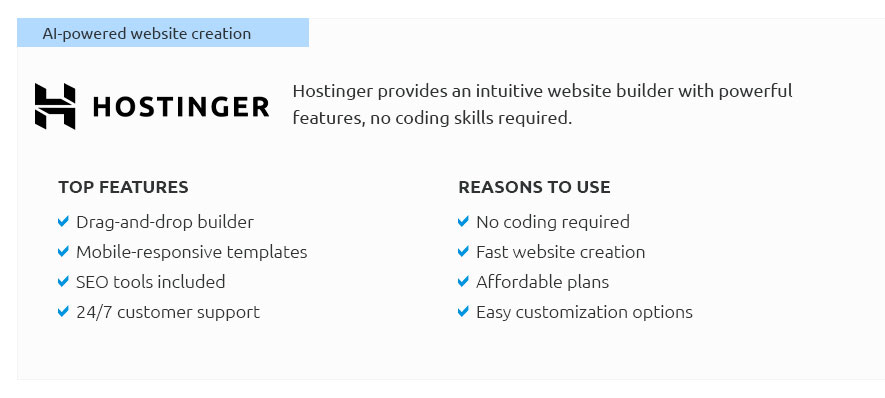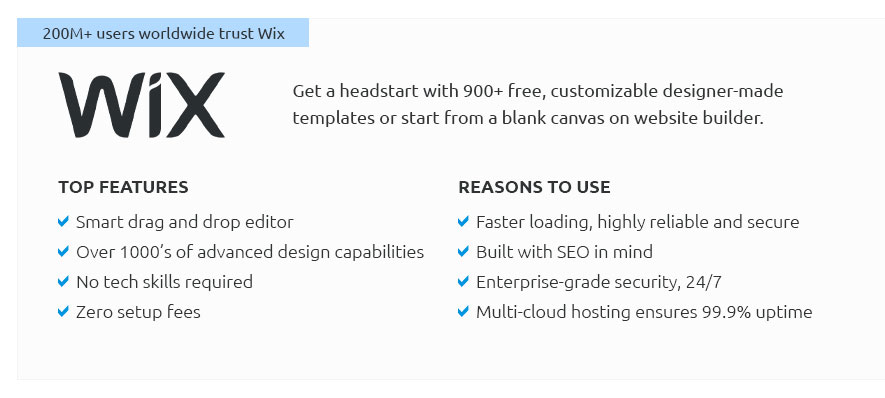 |
 |
 |
 |
|
 |
 |
 |
|
 |
|
 |
 |
|
 |
|
 |
|
 |
 |
Website Platforms for Small Business: Comprehensive Guide to SuccessCreating a website for your small business is a crucial step in establishing an online presence. The right platform can make all the difference in terms of functionality, cost, and ease of use. This guide explores various website platforms to help you make an informed decision. Key Considerations for Choosing a PlatformWhen selecting a website platform, consider the following factors to ensure it meets your business needs: Ease of UseIt's essential to choose a platform that matches your technical skill level. Some platforms offer drag-and-drop builders for beginners, while others provide more advanced customization options for experienced developers. Cost and BudgetYour budget will significantly influence your choice of platform. Consider the initial costs, subscription fees, and any additional expenses for features or support. Popular Platforms for Small BusinessesHere are some of the most popular website platforms that small businesses often consider:
Specialized Platforms for Niche NeedsFor businesses with unique requirements, specialized platforms can offer tailored solutions: E-commerce SolutionsIf your primary goal is selling products online, consider platforms like Shopify or BigCommerce. These platforms are built with e-commerce in mind and provide essential tools for product management and sales. For those interested in a dropship website builder, platforms like WooCommerce integrated with dropshipping plugins can be very beneficial. Content Management SystemsPlatforms like Joomla and Drupal are powerful for businesses with complex content needs, offering robust features for managing large amounts of data. Simple Website BuildersFor businesses needing a straightforward web presence, platforms like Weebly and web page making tools offer simplicity and speed in getting online. Frequently Asked Questions
https://blog.hubspot.com/website/best-website-builder-for-small-business
Wix website builder is one of the most well-known and definitely one of the top options for small businesses. According to W3Techs, it's the ... https://m.youtube.com/watch?v=k7o3CBpY9FI&t=0s
... small commission. This helps support the channel and allows us to ... How to Start an Automated Affiliate Marketing Business in 2025. https://www.cnbc.com/select/best-website-builders-for-small-businesses/
A graphic design platform, Canva also allows users to design website landing pages and publish a live site at a low cost. If you don't need a ...
|